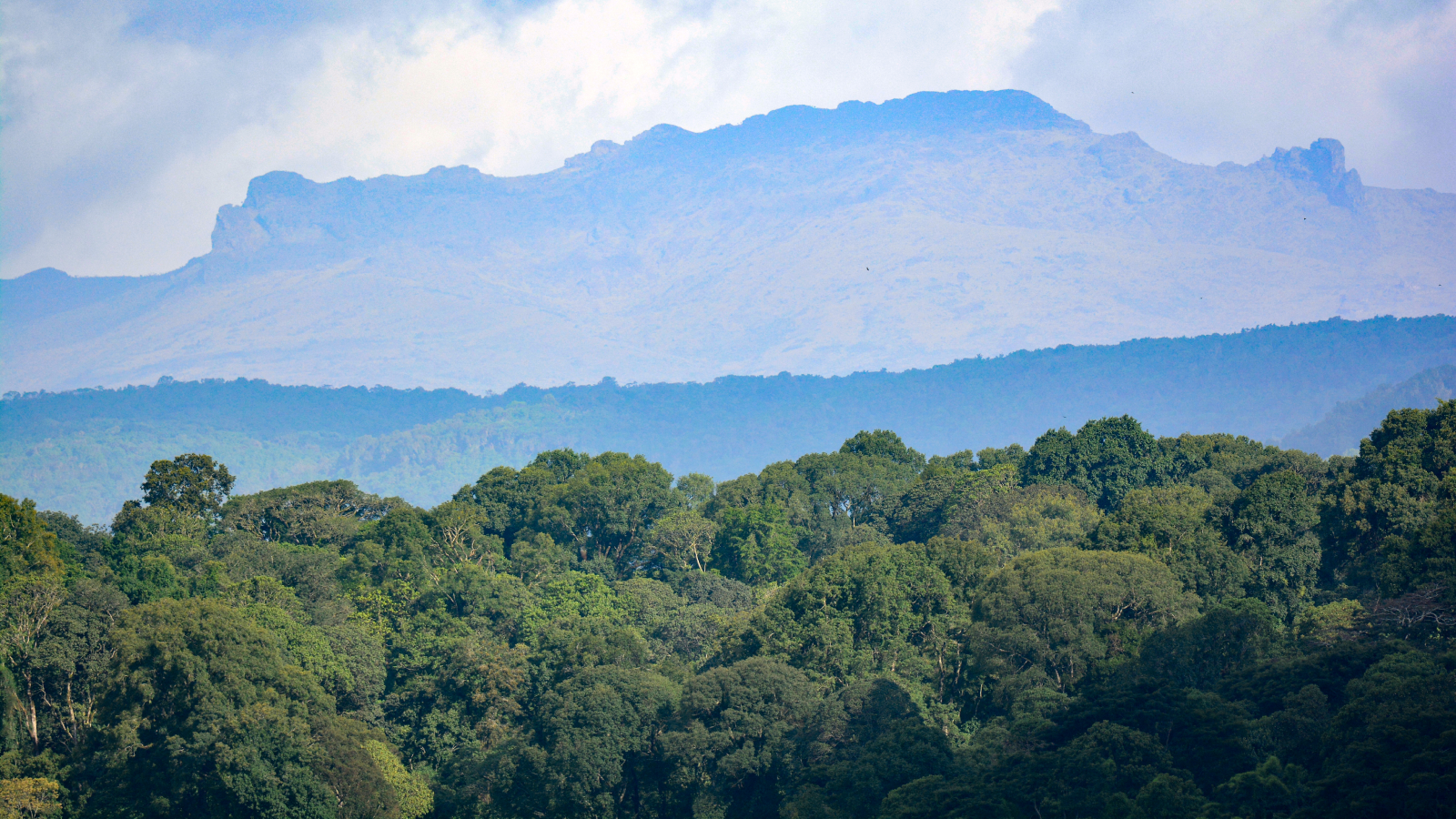Vitamin D Deficiency Linked with Higher Mortality in Older Women

Older women with very low levels of vitamin D may have a higher risk of death over a given period, a new study suggests.
Researchers examined 961 women living in nursing homes in Austria, whose average age was 84. Over the two-year study, 284 of the women died, and women with the lowest vitamin D levels were 1.5 times more likely to die than women with the highest levels, according to the study.
However, the findings show an association, not a cause-and-effect link, and need to be confirmed in future work.
The researchers also found that vitamin D levels in 92.8 percent of the study participants were lower than recommended. This suggests that while vitamin D deficiency among frail and elderly people has been acknowledged for several decades, no effective strategies to treat deficiencies have been put in place, according to the researchers.
"Our findings show that the vast majority of nursing home residents are severely vitamin D deficient, and those with the lowest vitamin D levels are at high risk of mortality," said study researcher Dr. Stefan Pilz, of the Medical University of Graz in Austria.
Recommendations for dietary vitamin D intake in the elderly are higher than any other age group because vitamin D deficiency is extraordinarily prevalent in this population, and is a risk factor for bone diseases, according to the researchers.
People over age 70 are recommended to consume 800 IU of vitamin D daily. Foods that contain high levels of the vitamin include fatty fish, such as salmon and tuna, eggs, and milk that is fortified with the vitamin.
Get the world’s most fascinating discoveries delivered straight to your inbox.
Though it is rare that people take too much vitamin D, an overdose can cause serious problems, such as vomiting, weight loss and heart rhythm abnormalities, according to the Mayo Clinic.
The study was published online Feb. 8 in the Journal of Clinical Endocrinology and Metabolism.
Pass it on: Vitamin D deficiencies may be common in elderly people, and may increase their risk of dying.
Follow MyHealthNewsDaily on Twitter @MyHealth_MHND. Find us on Facebook.



